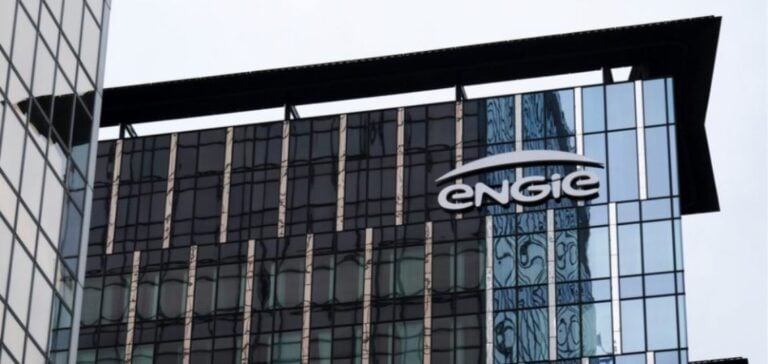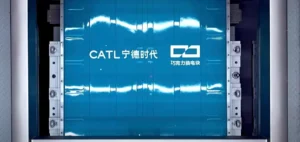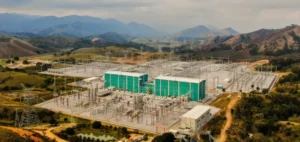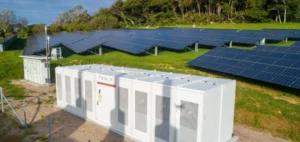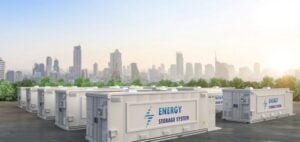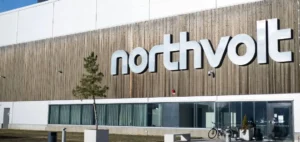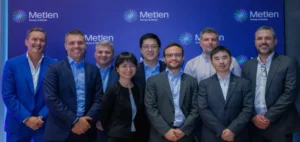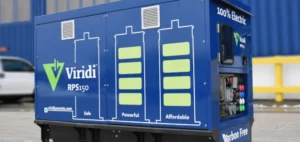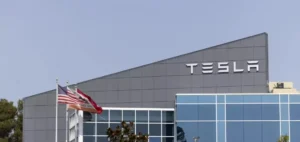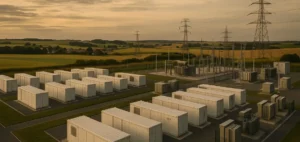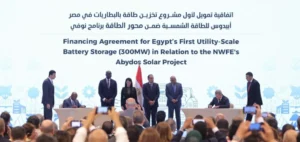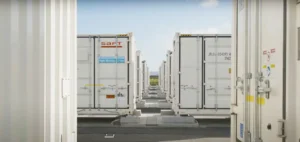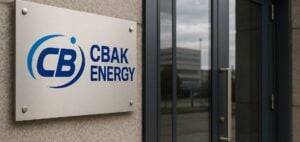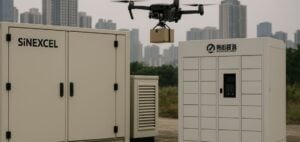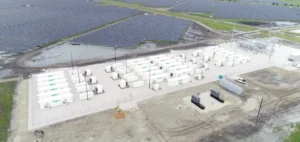ENGIE has reached an important milestone with the approval of the CEN (National Electricity Coordinator) to start commercial operation of the Coya BESS (Battery Energy Storage System). This system, the largest of its kind in Latin America, symbolizes a significant advance in the field of energy storage. With an installed capacity of 139 MW and a storage capacity of 638 MWh, BESS Coya is positioned as a key infrastructure. It is designed to store the renewable energy produced, maximizing the use of solar resources.
Optimizing solar energy
Located on the Coya photovoltaic site, BESS Coya is strategically positioned to optimize the production of renewable energy. The photovoltaic site, with a capacity of 180 MWac, plays a crucial role in the generation of green energy. The BESS Coya storage system, equipped with lithium batteries, enables flexible management of the energy generated. This storage capacity ensures more stable and reliable energy distribution to the grid, particularly during periods of high demand.
Storage capacity and environmental impact
With its 232 modules, BESS Coya can store the equivalent of five hours of electricity. This energy is then injected into the power grid during peak periods, contributing to an average supply of 200 GWh per year. The system supplies green energy to around 100,000 homes, playing an important role in reducing CO2 emissions. The expected reduction of 65,000 tonnes of CO2 per year testifies to the project’s positive impact on the environment.
ENGIE’s vision and ambition
Paulo Almirante, Executive Vice President, Renewables and Energy Management at ENGIE, highlights the company’s ambitions in the development of battery storage. ENGIE is targeting an installed capacity of 10 GW by 2030, underlining the importance of flexibility solutions like BESS Coya. These systems play a major role in integrating renewable energies and accelerating the energy transition. Guaranteeing the efficiency, reliability and safety of energy systems is at the heart of this vision.
By December 31, 2023, ENGIE had already established a significant presence in the battery field, with 1.3 GW in operation and 3.6 GW under development worldwide. This record illustrates ENGIE’s commitment to energy storage technologies and their essential role in the energy transition. The BESS Coya project is part of this overall strategy, marking a step forward towards achieving the company’s environmental and sustainability objectives.

